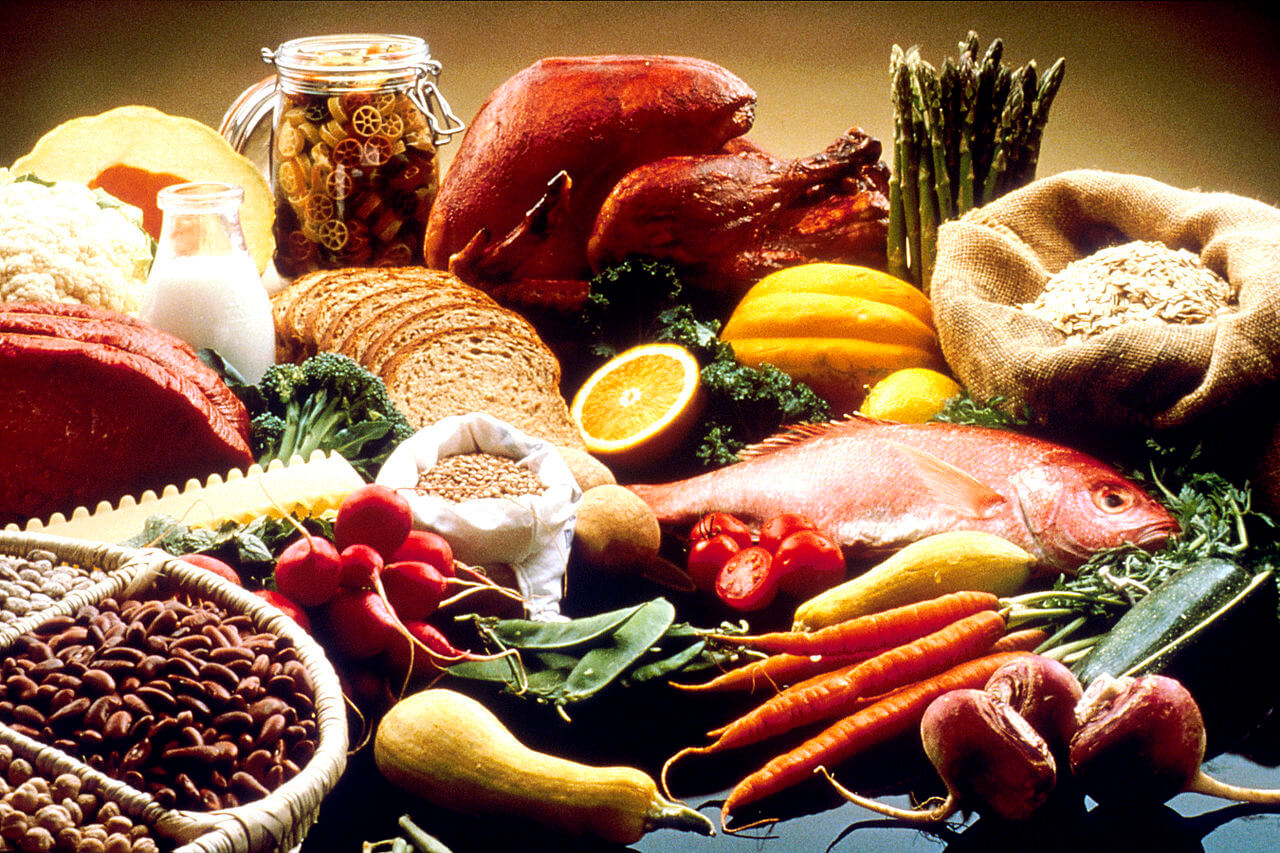Now more than ever, consumers are fully aware that something isn’t right with the chemicals being sprayed on food. The dangers are real, and multiple studies have confirmed that pesticides in our food have led to serious illnesses and even death. There is even a toxic pesticide lawsuit in the works.
While you may not be eating organic yet, the best thing you can do is avoid vegetables and fruits that are sprayed with chemicals. According to recent reports, these are some of the chemicals being sprayed on food as well as which fruits and vegetables are the most heavily sprayed.

The Soil Association Studies
Research by The Soil Association has concluded that multiple chemical cocktails are sprayed on fruits and vegetables. Some of these chemicals may keep food fresh longer, but digesting these chemicals has caused strokes, heart attacks, and even cancer. The Soil Association found that a typical potato in the supermarket will have been sprayed with at least 30 active chemicals. It compares this number to 40 years ago, when potatoes were treated with up to only 5.3 active chemicals.
In addition, an onion from 2014 was found to have 32.6 active chemicals compared to only 1.8 in the 1970s. Overall, the study found that the number of chemicals being sprayed on vegetables and fruits in supermarkets has increased by 17-fold over the past four decades. In addition, many of these chemicals are sprayed in a toxic mix that was never meant to be combined with other active ingredients.
What Fruits and Vegetables are Most Toxic?
Some items in the supermarket are more susceptible to the toxic ingredients in pesticides, yet they are still treated with up to 40 different pesticides in some cases. Among the worst affected are named “the dirty dozen,” and they are as follows:
- Peaches: These delicately skinned fruits are sprayed with all types of pesticides, and due to their fragile outer layer, it’s easy for pesticides to absorb right into the flesh of the fruit. Organic peaches or farm-picked peaches are the best ones to go with if you want to avoid any pesticide use.
- Apples: You have probably scrubbed an apple or two to get the wax off, but even peeling an apple won’t get all of the chemicals off of the apple. This is actually due to the heavy waxing which traps pesticides against the flesh of the fruit.
- Strawberries: Unfortunately this sweet treat has been treated over 30 times with different chemicals. One EWG report actually found 36 types of pesticides on strawberries that were imported when out-of-season. These are definitely the most risky to eat.
- Grapes: This is a thin-skinned, small fruit that is typically treated with 35 different pesticides or more. You should especially avoid any of the imported grape varieties.
- Cherries: That same EWG study found that almost all cherries, approximately 91 percent, have some type of pesticide on them.
- Pears: The skin on a pear is quite thin and easily penetrated by chemicals. You should be weary of eating any pear that isn’t organic and pesticide-free.
- Celery: Unfortunately this vegetable can’t survive without pesticides, and most of them are sprayed with 29 different types. Since most celery is eaten whole with the skin, it’s even more dangerous.
- Spinach and Lettuce: The most potent pesticides are used to treat leafy greens like these.
- Potatoes: In addition to pesticides, potatoes are also chemically treated with fungicides. You may be digesting multiple chemicals with every french fry.
- Tomatoes: The soft skin of a tomato is easily bypassed by pesticides, allowing them to sink in and get absorbed into the flesh of the tomato.
- Sweet Bell Peppers: Heavily sprayed to get rid of almost every kind of bug, you don’t want to eat a pesticide-treated bell pepper.
- Red Raspberries: You may think washing these raspberries will help, but it’s difficult to get off the residue due to the fuzz on the exterior of this fruit. It’s also treated with 39 different varieties of pesticides.
- Nectarines: In the EWG study, 97 percent of nectarines contained some type of pesticide, even those marked organic.